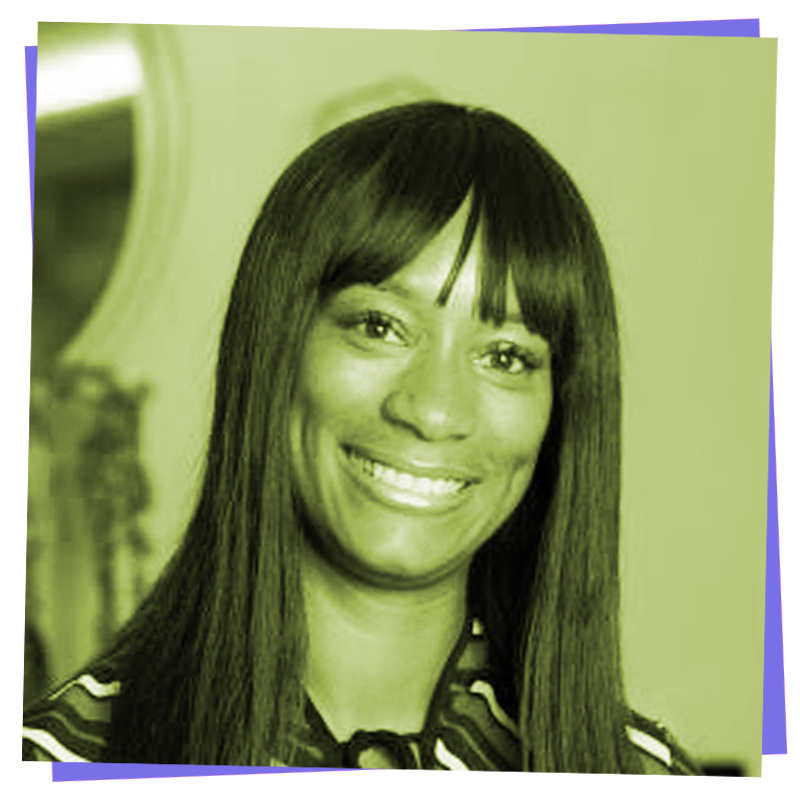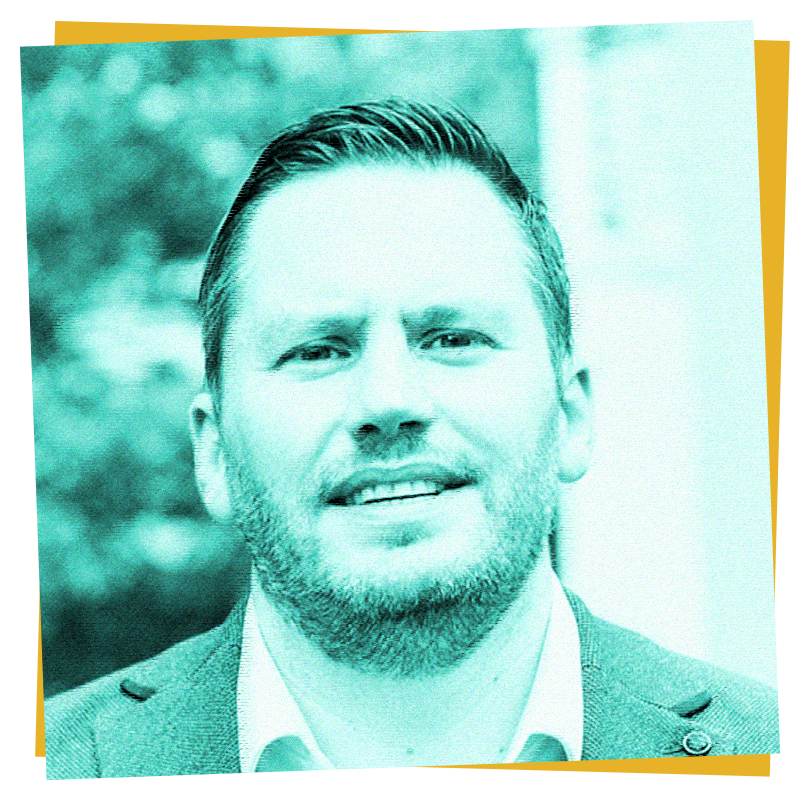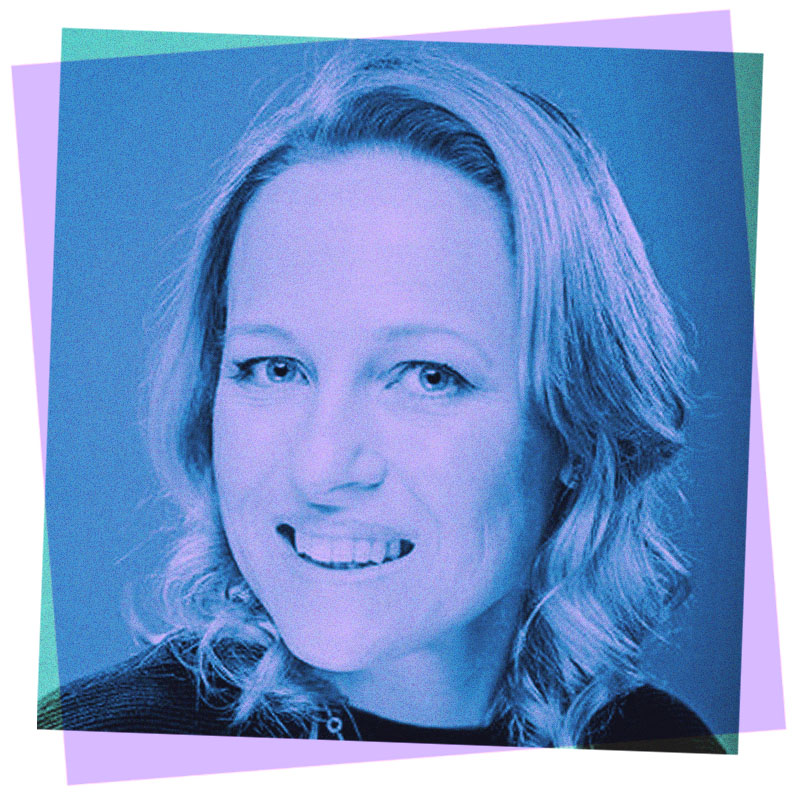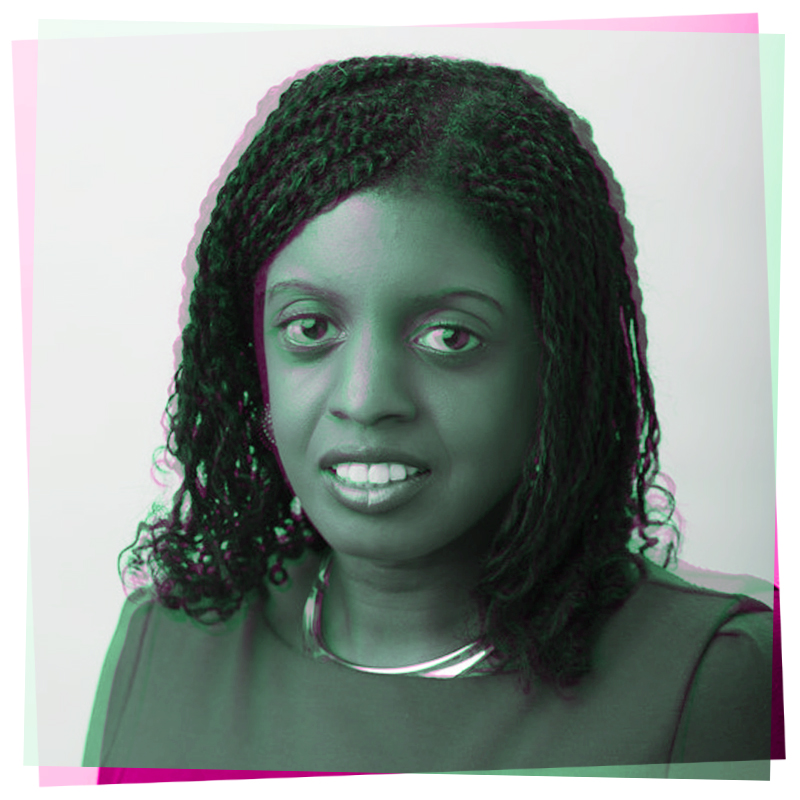
MONDAY 15 JUN 2020 6:00 PM
COMMS GOGGLEBOX 15 JUNE
In today's Comms GoggleBox our panel of senior communications professionals comment L'oreal's and celebrities' take on #BlackLivesMatter, Starbuck's new business model, and Twitter's ID verification
New in the post-Covid19 world: Starbucks changes its business model
"Interesting take on shift in strategy https://www.inc.com/justin-bariso/starbucks-pickup-is-a-smart-covid-related-adjustment.html
and taking into account customer behaviour and how it evolves. As retail begins to open more widely businesses and popular brands are going to have to re-invent and listen to customer needs in a way that perhaps they haven’t before. For those big consumer brands, it’s not just about putting safety measures in place so they can open it’s about re-examining that brand positioning and learning from customer adaptability that we have seen through this pandemic."
Jennifer Thomas, Communications director
"I think this
https://www.marketwatch.com/story/starbucks-has-more-customer-money-on-cards-than-many-banks-have-in-deposits-2016-06-09
captures our imagination because it could signal a pivot away from the provision of brand-associated shared space to a different kind of experience, and one which companies will want to succeed to protect their franchise, brand and profitability. It will be interesting to see whether and how this works."
Alan Oliver, Santander UK
"I was just looking at Starbuck’s social media account and there has been an interesting shift in their comms in light of the above announcement. Whereas before their branding centred around them being your third place between work and home, in this take out time every second tweet and post isn't about their products but a retweet of a customer who returned to store and was instantly recognised. A clever way of still instilling a sense of 'we are your third place' and family even though the customer then leaves that third place."
Naomi Jones, Suez
Celebrities wade into the #BlackLivesMatter debate…
"I’m sure they mean well but following the awful Imagine singalong, you’d hope celebrities would have learnt to read the national, or global, mood more effectively. Times have changed since events such as Live Aid and the public are more cynical about celebrities getting involved in these campaigns. It makes uncomfortable viewing, perhaps because rightly or wrongly, there seems to be a degree of acting involved in some cases which makes it feel manufactured or inauthentic. Activism and being a true ally has to be meaningful and more then pledges which could be interpreted as white saviour syndrome. It can feel unfair at times, but the onus is on those who have benefited from privilege to learn and get it right."
Nina Arnott, Dominos Pizza Group
"I do feel that one of the bi-products of this whole lockdown period and now BLM, is to make us question even more the role of ‘celebrities’. The idea that actors and actresses, or sports people, should be able to tell people how they should feel or behave, feels to me like an idea that has outlived its usefulness. For me the really important people are the health and care workers and others who do things to help our society to function effectively. I wonder if we will go back to idolising celebrities and sports stars when we reach more normal times."
Alan Oliver, Santander UK
"Regarding your point that people are starting to realise who the important people are, I think this is very true and is being reflected in the media and online as well. Before Covid-19, my company's workforce, who collect our bins every day, were largely invisible. A lot of this was due to the fact people had gone to work etc. But I also think our definition of what constitutes important work has shifted as we have had to define as a country what constitutes essential work and the services we had to keep going. Our employees tell me the massive impact this has had on them, to be given the accolade of 'key worker', which when we say the term tends to make us immediately think of our police force and NHS employees (rightly and deservedly) but wouldn't traditionally have been granted to some other roles."
Naomi Jones, Suez
…meanwhile at L’Oréal…
"L’Oréal’s message of support for #BlackLivesMatter was called out for hypocrisy by Munroe Bergdorf, after the company cut ties with the model for calling out systemic racism in 2017. In a surprising turn of events, L’Oréal has asked Munroe to advise the company on diversity and inclusion, and she has agreed."
Details here:
https://www.blackenterprise.com/loreal-rehires-black-model-it-once-fired-for-speaking-up-about-racism/
"This is a timely/ opportunistic U-turn by L’Oréal. Three years ago, the company said that Munroe’s comments about systemic racism were “at odds” with their values. I would like to see what tangible changes and results L’Oréal will share with us in their annual report in 2021. I’ve been thinking about how we can hold companies to account and the only way is via tangible actions and a commitment to reporting on these actions as per other aspects on the ESG agenda. However, racial equality needs a different approach to simply reporting diversity figures and investment managers will need to buy into this change in mindset in order to pressure companies to change. Having a global social movement is extremely powerful, but we need a multi-pronged approach to ensure the ethos of the Black Lives Matter movement is a permanent feature, rather than a ‘moment’, in the corporate world."
Bienosa Ebite, Centrica
"A combination of reporting will be needed, and the key here will be cultural change and a measure of inclusion, not just diversity. In the case of L’Oréal what I do like is that it’s a public, tangible of example of a big brand getting it wrong but starting to make it right, even if as a result of getting called out. Corporates need to see examples of other corporates admitting wrongdoing and demonstrating a path to resolution so they can have the confidence to follow."
Jennifer Thomas, Communications director
Big changes in the Twitter world
"The Twitter blue tick is mark of accreditation on the platform. It's being changed to verify an individual against their government ID in a bid to root out bad behaviour on the platform. That's got to be good news."
https://techcrunch.com/2020/06/08/twitter-to-launch-a-revamped-verification-system-with-publicly-documented-guidelines/
Stephen Waddington, Metia
"This is a good move. I’d noticed in pile-ons targeted at prominent people on Twitter (not necessarily celebrities) that the blue tick had become a symbol of perceived status and created a sense of “them and us”. I sadly don’t think identity verification is a silver bullet to make the platform a more civil place. A quick check on the comments on some content on Facebook shows you that people are happy to share the very worst opinions and views freely even if they are verified. But any step by Twitter to try and address some of these issues are very welcome indeed"
Darryl Sparey, Hard Numbers
The Sun is accused of misogyny…again
“'TRIED TO KILL ME' Caroline Flack’s ‘attack on sleeping lover Lewis Burton’ looked like a ‘horror movie’, cop claims” was just one of the headlines in The Sun in December, less than two months before the Love Island presenter’s tragic death. Compare and contrast this with today’s front page featuring JK Rowling’s ex-husband and it’s impossible not to conclude this is classic media misogyny at play. #BeKind seems very far away."
Sarah Waddington, Astute.Work and #FuturePRoof community
LATEST NEWS
TUE 1 Jul 2025 12:00 PM
The UK Top 50 in Focus: Plastic Pictures
MON 30 Jun 2025 11:10 AM
EVCOM Clarion Awards 2025 winners to be announced
TUE 24 Jun 2025 1:00 PM
Corporate Engagement Awards 2025 shortlist revealed
FRI 20 Jun 2025 1:18 PM
"The real risk isn't backlash. It's irrelevance": NAACP communications chief Aba Blankson











